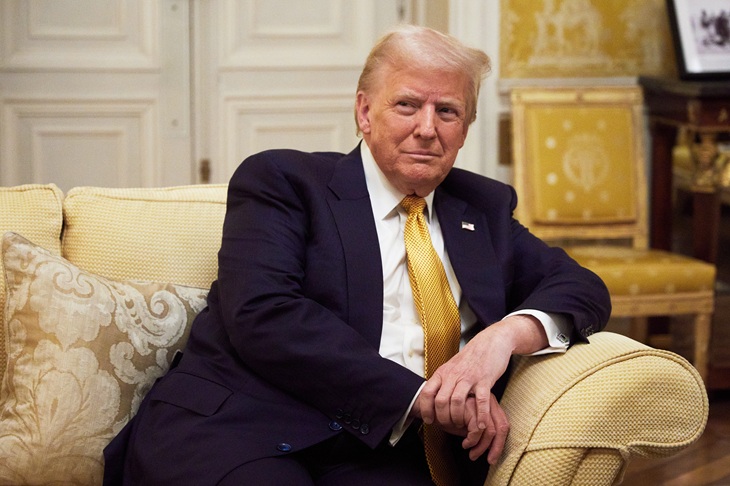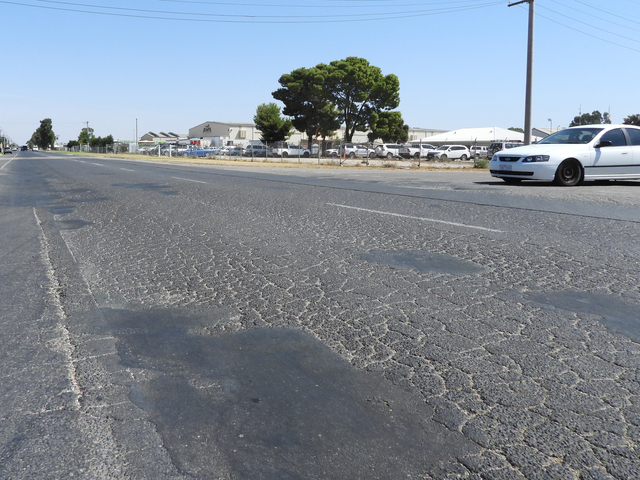
Research conducted by The University of Manchester has identified a significant connection between the subjects young people study in secondary school and their political ideologies. The study, led by Dr. Nicole Martin, in collaboration with Dr. Ralph Scott from the University of Bristol and Dr. Roland Kappe from University College London, analyzed the educational paths of thousands of English students from adolescence into adulthood, revealing lasting impacts on their political preferences.
The findings indicate that students who engage with arts and humanities subjects, such as History, Art, and Drama during their GCSEs, are more inclined to support socially liberal and economically left-wing parties, notably the Green Party and Liberal Democrats. Conversely, those who focus on Business Studies or Economics are more likely to back economically right-wing parties, including the Conservative Party. Additionally, students studying technical subjects demonstrated a tendency towards socially conservative and economically right-wing beliefs.
Long-Term Influence of Educational Choices
The research, published in the journal West European Politics, is groundbreaking as it marks the first comprehensive examination of how educational subjects influence political affiliations within compulsory secondary schooling. Previous studies primarily focused on the impact of university education. By integrating data from English administrative school records with a unique panel of adolescents, this study highlights the critical role that secondary school subjects play in political socialization during the formative years of young people.
“Our research demonstrates that education’s influence on our political beliefs is far more nuanced than simply the level of education attained,” stated Dr. Martin. “The specific subjects that young people take in school – particularly at GCSE – play a profound role in shaping their political compass. This might be because of the content, or because of different peer groups or role models.”
The implications of these findings are significant for educators and policymakers, suggesting that the curriculum offered in secondary schools can have a lasting impact on the political landscape. By understanding how specific subjects influence students’ political beliefs, stakeholders can better tailor educational programs to foster a more informed and diverse electorate.
As the study sheds light on the connection between education and political preferences, it invites further investigation into how curricular choices can be aligned with the goal of promoting civic engagement and participation among young people. The ongoing discussion about educational reform may benefit from these insights as society seeks to cultivate informed citizens ready to navigate the complexities of modern governance.






